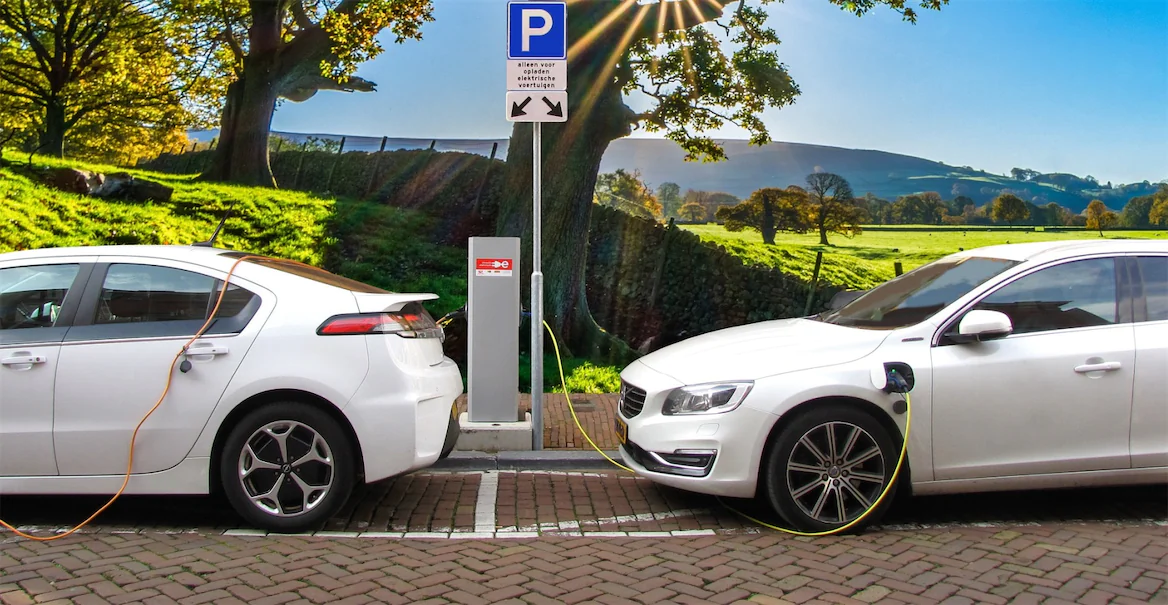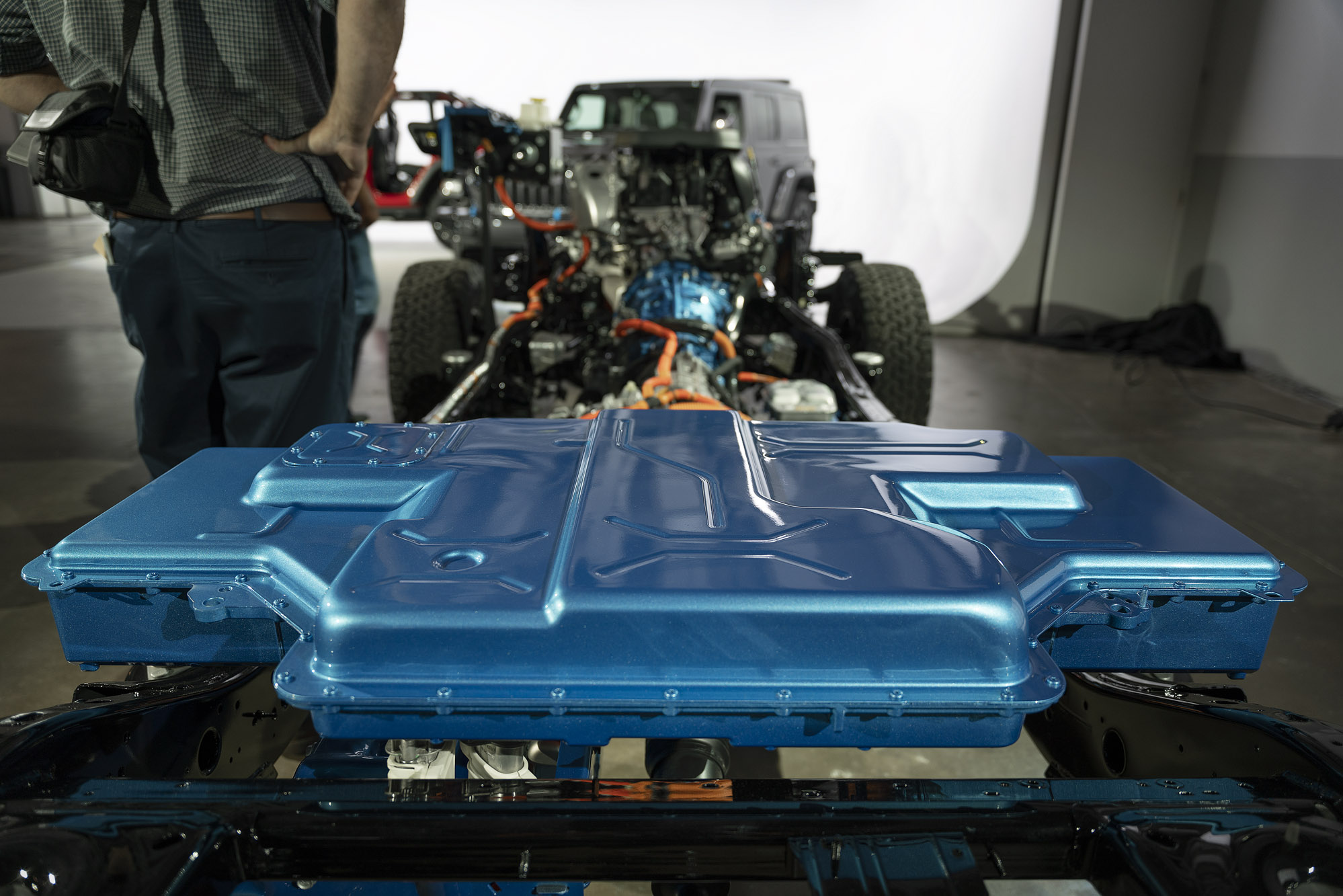This is where Lemon Laws come in. Lemon Laws are designed to protect consumers who purchase defective vehicles, ensuring they don’t end up stuck with a car, truck, or motorcycle that continually fails to meet safety or performance standards. In California, Lemon Laws offer legal recourse for consumers whose vehicles repeatedly break down, offering remedies like refunds, replacements, or compensation. But how do these laws apply to consumers in Reseda, a neighborhood that blends suburban living with urban traffic challenges?
What is Lemon Law and Who Does it Protect?
Definition of Lemon Law
California’s Lemon Law (Song-Beverly Consumer Warranty Act) applies to new andused vehicles that are still covered by a warranty and are deemed defective. It ensures that consumers are not stuck with vehicles that consistently fail to meet safety, usability, or performance standards.
- A vehicle may be considered a “lemon” if it has a significant defect that impairs its use, value, or safety, and that defect cannot be fixed after reasonable repair attempts by the manufacturer or an authorized dealer.
- California’s Lemon Law covers not only cars but also trucks, motorcycles, RVs, and even certain leased vehicles.
Eligibility for Protection
Lemon Laws in California apply to both new and used vehicles, as long as they meet certain criteria. However, there are key differences in how these protections apply depending on the vehicle’s status and warranty.
- New Vehicles: If you buy a new vehicle and it has a defect covered under the manufacturer’s warranty, you are eligible for protection under California’s Lemon Law if the defect cannot be repaired after a reasonable number of attempts or if the vehicle is out of service for a prolonged period.
- Used Vehicles: Used cars, trucks, motorcycles, and RVs are also covered under Lemon Law if they are still under warranty (either the original manufacturer’s warranty or a dealer warranty). Used vehicles sold with an “as-is” status are not automatically covered by the law, but in some cases, buyers may still be eligible for Lemon Law protection if the seller makes certain guarantees or the defects are severe enough to impair the vehicle’s safety or function.
- Leased Vehicles: Lemon Law protections also extend to leased vehicles, provided they meet the necessary criteria related to repair attempts and warranty coverage.
Consumer Rights Under Lemon Law
The Lemon Law offers several important rights to consumers who find themselves with a defective vehicle. If your vehicle qualifies as a lemon, you are entitled to remedies that can include:
- Refund: The manufacturer or dealer is required to refund the purchase price of the vehicle, including taxes, registration fees, and other expenses incurred. If you financed the vehicle, you could also receive the down payment and monthly payments you’ve made.
- Replacement Vehicle: If your vehicle qualifies as a lemon, the manufacturer may be required to replace it with a new or equivalent vehicle, provided the defective vehicle cannot be repaired after multiple attempts.
- Monetary Compensation: In some cases, you may be entitled to compensation for any diminished value of the vehicle, costs of repairs, and other expenses that you’ve incurred due to the defects, such as rental car fees or towing charges.
- Legal Costs: If you pursue a Lemon Law case and win, you may also be entitled to reimbursement for legal fees and court costs, making it easier to afford legal representation.
How Lemon Law Works in Reseda
Defining a Lemon
Under California’s Lemon Law, a vehicle qualifies as a lemon if it has a defect that significantly impairs its use, safety, or value. These defects should affect the vehicle in a way that makes it unreliable, unsafe to drive, or significantly diminishes its resale value.
Common examples of defects that can make a vehicle a lemon include:
- Engine Failures: If the engine fails repeatedly or has a defect that impacts its performance and reliability, it can be considered a lemon.
- Safety Equipment Issues: Problems with safety features like airbags, brakes, or seat belts can render a vehicle unsafe and therefore eligible for Lemon Law protections.
- Electrical Malfunctions: Recurrent issues with electrical systems, such as lighting problems, sensor failures, or issues with the dashboard electronics, can severely impact the vehicle’s usability.
- Transmission Problems: If the transmission fails or has persistent issues, making the vehicle difficult to drive or dangerous, it qualifies as a defect under the Lemon Law.
- Suspension or Steering Failures: Defects in the suspension or steering system that affect the vehicle’s handling can lead to unsafe driving conditions, making the car eligible for a Lemon Law claim.
Repair Attempts
One of the key factors that determine whether a vehicle qualifies as a lemon is the number of repair attempts made by the manufacturer or dealer. The general rule is that:
- Two or More Repair Attempts: If the same defect has been attempted to be repaired two or more times, but the problem persists, the vehicle may qualify as a lemon. These repair attempts should be for the same issue or a related set of issues that continue to affect the vehicle.
- 30 Days or More Out of Service: If your vehicle has been out of service for 30 days or more in total during the warranty period (whether those days are consecutive or accumulated over time), it may also be considered a lemon. This could include time spent in the shop for repairs, waiting for parts, or other related issues.
Understanding the Lemon Law Process in Reseda
If you suspect that your vehicle in Reseda is a lemon, it’s crucial to follow the steps outlined below to protect your rights and ensure that your case is handled correctly.
- Documenting Defects and Repairs
- The first step is to keep thorough records of all defects and repair attempts. Every time your vehicle is taken in for repairs, make sure to:
- Record the date of each service visit.
- Write down a detailed description of the issue and what repairs were made.
- Keep copies of repair invoices or service receipts.
- Log the amount of time the vehicle has been out of service.
- The first step is to keep thorough records of all defects and repair attempts. Every time your vehicle is taken in for repairs, make sure to:
- Detailed records will be crucial for proving your case if you need to pursue a Lemon Law claim. They serve as evidence of the defects, the repair attempts made, and the downtime your vehicle has experienced.
- Notifying the Dealer or Manufacturer
- Once you have documented the defects and repair attempts, the next step is to notify the dealer or manufacturer about the issues with the vehicle. You should:
- Contact the dealership where you purchased the vehicle or the authorized repair center that performed the repairs.
- Put your complaint in writing: It’s important to notify the dealer or manufacturer in writing (via certified mail, email, or letter) about the defects and your intent to pursue a Lemon Law claim if the problem isn’t resolved.
- Request a resolution: Ask for a refund, replacement, or compensation, as appropriate. If the vehicle continues to have issues despite repairs, you have a right to these remedies under the Lemon Law.
- Once you have documented the defects and repair attempts, the next step is to notify the dealer or manufacturer about the issues with the vehicle. You should:
- In many cases, dealers or manufacturers may be willing to resolve the issue amicably, but if they fail to address the problem, you will need to take further action.
- Working with an Attorney if Necessary
- If the dealer or manufacturer is uncooperative or if your vehicle continues to experience problems, it’s time to consult with an experienced Lemon Law attorney.
- An attorney will help you understand your legal rights, evaluate your case, and guide you through the Lemon Law process.
- Legal counsel is especially important if you need to pursue arbitration or file a lawsuitto get the compensation or remedy you deserve.
- An experienced Lemon Law attorney can also assist with the documentation and provide strategic advice on how to escalate the case if necessary.
- If the dealer or manufacturer is uncooperative or if your vehicle continues to experience problems, it’s time to consult with an experienced Lemon Law attorney.
- Prepare for Arbitration or Court
- If negotiations fail and the manufacturer or dealer refuses to offer a satisfactory remedy, you may need to pursue arbitration or litigation:
- Arbitration: Many manufacturers offer an arbitration program that provides a faster, more cost-effective way to resolve disputes. However, it’s important to know that arbitration decisions are typically binding, so you need to be fully prepared.
- Lawsuit: If arbitration is not an option or fails to resolve the issue, you may need to file a lawsuit in court to enforce your rights under the Lemon Law. An attorney will guide you through this process and ensure your case is presented effectively.
- If negotiations fail and the manufacturer or dealer refuses to offer a satisfactory remedy, you may need to pursue arbitration or litigation:
Protect Your Rights and Get the Compensation You Deserve
If you believe your vehicle may be a lemon in Reseda, California’s Lemon Daddy is here to help. Our team of experienced attorneys specializes in Lemon Law claims and is dedicated to helping consumers like you navigate the process and secure the compensation, replacement, or refund you deserve. Whether you’re dealing with a new or used car, Lemon Daddy has the expertise to ensure your rights are protected and your case is handled effectively.
Contact us today for a FREE consultation to discuss your Lemon Law case and explore your options. We are committed to providing you with expert legal guidance to help you through every step of the process.
- Phone: (888) 242-9392
- Email: Lemon@drakelawgroup.com
- Website: www.lemondaddy.com









